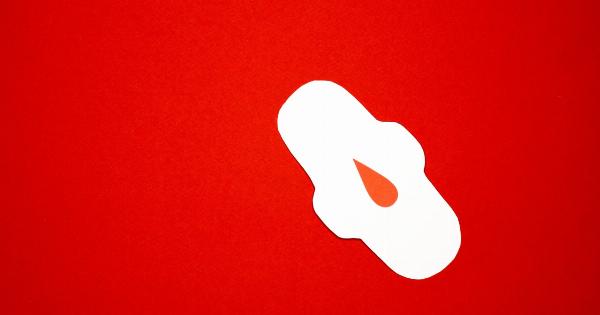If you have ever experienced an intense food craving, you know how difficult it can be to resist. Whether it’s for sweet, salty, or fatty foods, these cravings can be tough to ignore and can derail even the best-laid diet plans.
But what if there was a way to reduce these cravings and make it easier to stick to a healthier eating routine? Enter propion, a substance that’s been studied for its potential effects on food cravings.
What is Propion?
Propion, or propionic acid, is a naturally occurring substance that’s found in many different foods. It’s also produced by the human body as a byproduct of the breakdown of certain amino acids.
Propion is used as a food preservative and can be found in some types of cheese, bread, and other baked goods.
How Does Propion Work?
Scientists have been studying propion for its potential effects on appetite and food cravings. One theory is that propion may help regulate appetite by interacting with hormones that control hunger and fullness.
Some studies have found that propion can reduce levels of the hormone ghrelin, which stimulates hunger, while increasing levels of the hormone GLP-1, which promotes feelings of fullness.
Another way that propion may help reduce food cravings is by affecting the brain’s reward system. When we eat certain foods, such as sugar and fat, our brains release dopamine, a chemical that produces feelings of pleasure.
Over time, our brains may become accustomed to this dopamine release and start to crave these rewarding foods more and more. However, studies have found that propion may reduce the amount of dopamine released in response to these foods, which could help reduce the intensity of food cravings.
Studies on Propion and Food Cravings
Several studies have been conducted on the effects of propion on appetite and food cravings.
One study published in the journal Appetite found that adding propion to a high-carbohydrate meal reduced levels of hunger and increased levels of fullness in healthy adults. Another study, published in the journal Nutrition, found that women who consumed a high-protein breakfast supplemented with propion showed reduced levels of ghrelin and reported feeling less hungry throughout the day.
While these studies show promise, more research is needed to fully understand the effects of propion on appetite and food cravings.
It’s also important to note that propion is not a magic cure for food cravings and cannot replace healthy eating habits and regular exercise.
How to Incorporate Propion into Your Diet
If you’re interested in trying propion to potentially reduce your food cravings, there are several ways to incorporate it into your diet.
One option is to consume foods that naturally contain propion, such as certain types of cheese and baked goods. However, it’s important to note that these foods should be consumed in moderation as part of a balanced diet.
Another option is to look for supplements that contain propion. These supplements can be found online or in health food stores and typically come in the form of capsules or powders.
However, it’s important to talk to your healthcare provider before taking any new supplements, as they may interact with other medications or health conditions.
The Bottom Line
Propion is a substance that’s been studied for its potential effects on appetite and food cravings. While some studies have shown promise, more research is needed to fully understand its effects and how to best incorporate it into a healthy diet.
It’s also important to note that propion is not a magic cure for food cravings and cannot replace healthy eating habits and lifestyle changes.





























